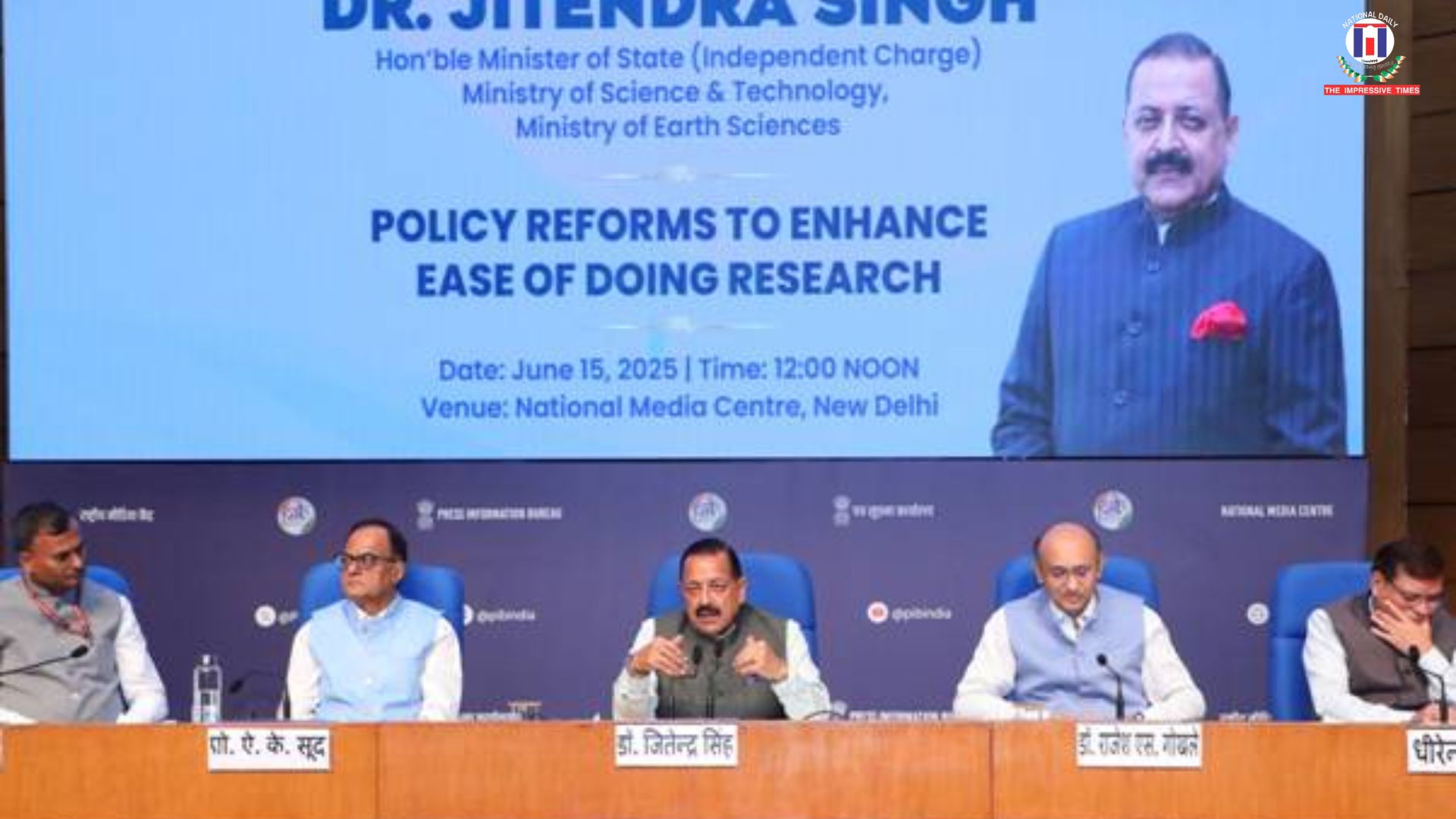
New Delhi, June 15- In a landmark announcement that promises to transform India’s research and innovation landscape, Union Minister Dr. Jitendra Singh unveiled a series of progressive reforms aimed at removing long-standing bureaucratic barriers in scientific procurement and institutional decision-making.
Addressing the media at the National Media Centre, Dr. Singh, who heads multiple portfolios including the Ministry of Science & Technology, outlined a new framework designed to boost the ‘Ease of Innovation’, ‘Ease of Research’, and ‘Ease of Science’ across the country. He credited the sweeping changes to the visionary guidance and direct support of Prime Minister Narendra Modi, stating that such initiatives would not have been possible without his involvement.
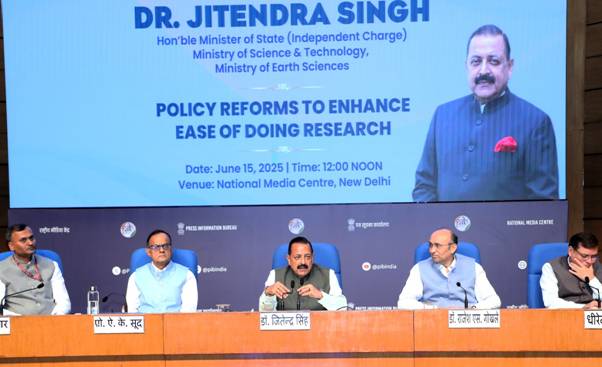
One of the most significant policy changes is the delegation of purchasing authority to directors of scientific institutions and vice chancellors of universities, who will now be permitted to conduct non-GeM (Government e-Marketplace) procurements for specialized and advanced scientific equipment—an area often constrained by the limited inventory on the GeM platform.
Additionally, financial powers for various procurement categories have been revised substantially. Under the updated norms:
Direct purchase limits have been raised from ₹1 lakh to ₹2 lakh.
Departmental procurement committees can now approve purchases in the range of ₹2–25 lakh (earlier ₹1–10 lakh).
Limits for tender-based purchases have also increased, with advertised tenders and limited tender enquiries now allowed up to ₹1 crore.
Most notably, institutional heads will now have the power to approve global tenders up to ₹200 crore, a move aimed at easing the process of acquiring cutting-edge technology and tools from international markets.
“These changes are a message of confidence from the government to our scientific community,” said Dr. Singh. “We’re cutting red tape and enabling researchers to focus on what they do best—solving the challenges of tomorrow.”
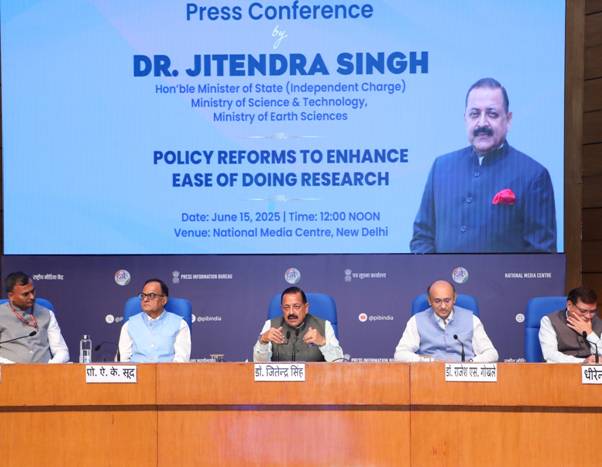
The reforms follow an extensive consultative process involving 13 Indian Institutes of Technology (IITs) and numerous research bodies, led by the office of the Principal Scientific Advisor (PSA). The recommendations addressed chronic bottlenecks, such as delays in equipment procurement and lack of purchasing flexibility, which had long been flagged by researchers, scholars, and academic leaders.
Dr. Singh emphasized that while autonomy is being expanded, it comes with a responsibility to maintain transparency and ethical standards. “This is a trust-based system. The scientific leadership must ensure that the flexibility provided is exercised with utmost accountability.”
The reforms have been welcomed as a timely intervention aligned with India’s broader vision of becoming a knowledge and innovation-driven economy. Dr. Singh noted that liberalization in other high-tech sectors such as space and atomic energy had yielded promising outcomes. “India’s space economy is projected to hit $8 billion. These reforms will help bring similar momentum to our broader research and development efforts.”
He also drew connections to the National Education Policy 2020, which encourages flexible and interdisciplinary academic structures. “Just as students are now empowered to choose their academic paths, it is only right that our institutions are empowered to support that innovation journey,” he said.
The move is expected to benefit not just premier research institutions but also start-ups, early-career scientists, and university scholars who have often raised concerns over rigid processes and procurement delays. By simplifying financial thresholds and reducing reliance on central procurement protocols, the new reforms aim to create a faster, more responsive research ecosystem.
The press briefing was also attended by key figures from India’s scientific administration, including Dr. Rajesh S. Gokhale, Secretary, Department of Biotechnology; Prof. A. K. Sood, Principal Scientific Advisor to the Government of India; and Sunil Kumar, Additional Secretary, Department of Science & Technology. They reiterated the government’s commitment to fostering a research-friendly climate grounded in efficiency, responsibility, and global competitiveness.
With the Narendra Modi-led government marking 11 years in office, the announcement is being seen as a reaffirmation of its agenda to empower India’s youth, elevate scientific potential, and build a future-ready innovation economy.


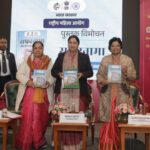






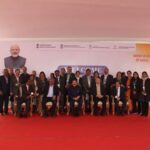





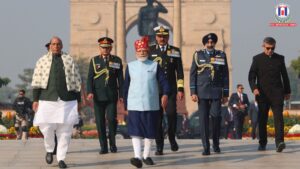


No Comments: